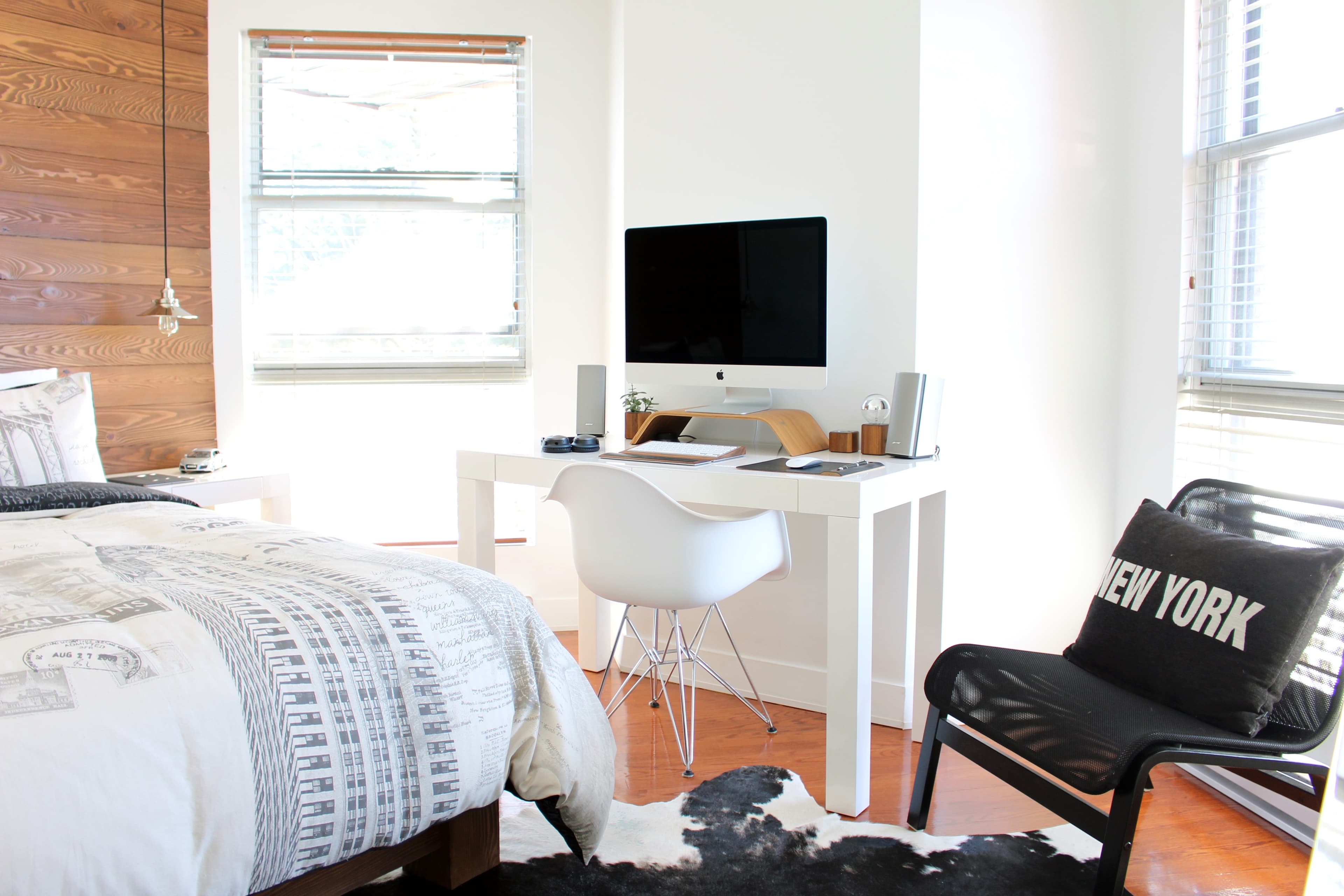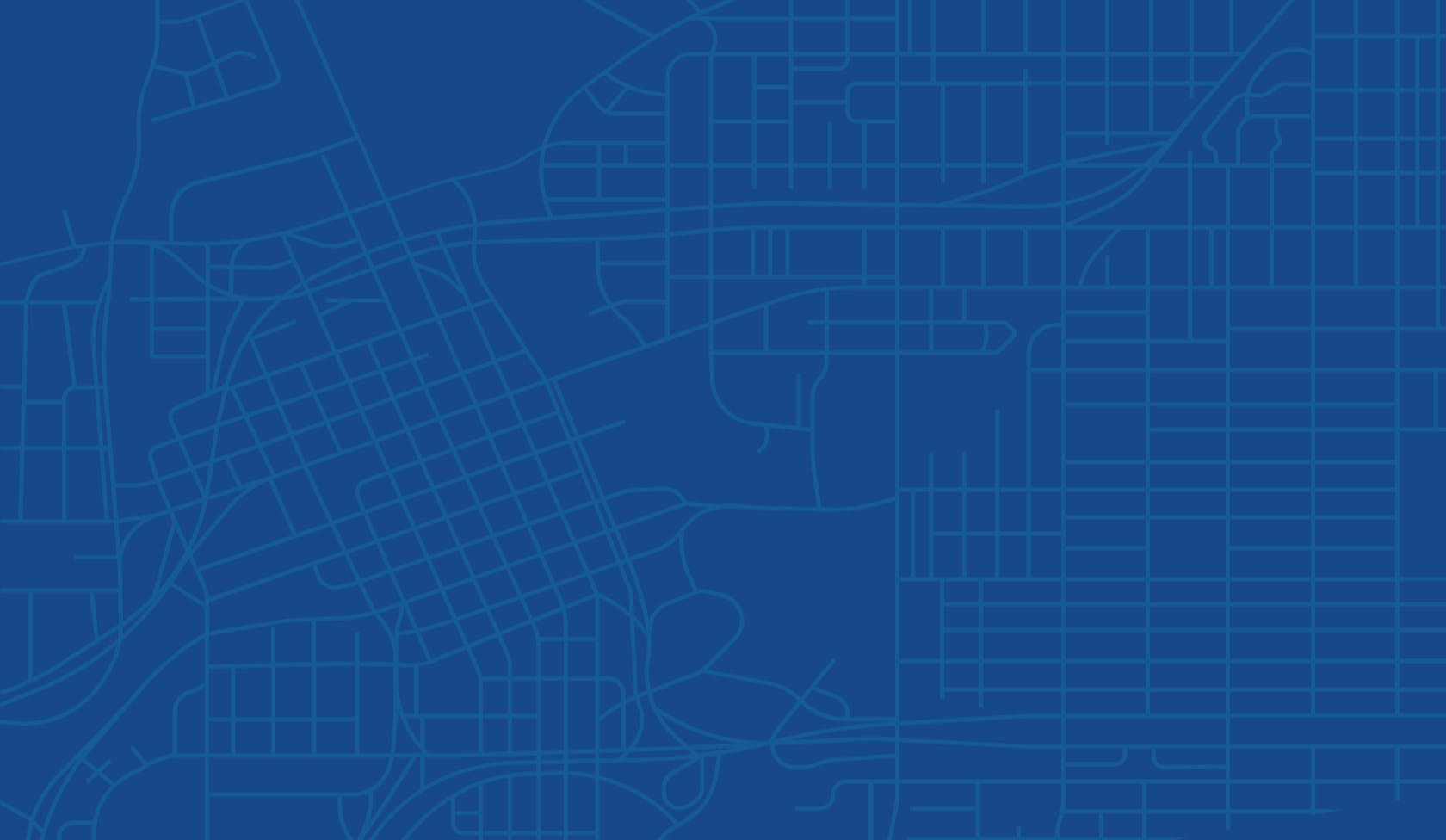Figuring out how much money to put down on a house is one of the most important financial decisions you will make as a homebuyer. The right down payment can save you thousands of dollars over the life of your loan through lower interest rates, reduced monthly payments, and avoiding private mortgage insurance (PMI). However, putting down too much could leave you financially vulnerable without adequate emergency savings. This guide breaks down everything you need to know to determine the optimal down payment for your situation.
Find a Top Agent Who Knows Your Local Market
A data-matched Realtor can help you navigate the homebuying process and negotiate the best deal for your situation.
Get Matched With Top AgentsMaximum Down Payment Calculator
Find out how much you can safely put down while protecting your financial security
Minimum Down Payment Requirements by Loan Type
The minimum down payment you need depends largely on the type of mortgage you choose. While 20% has long been considered the gold standard, many loan programs allow you to purchase a home with significantly less upfront.
| Loan Type | Minimum Down Payment | Best For | Key Considerations |
|---|---|---|---|
| Conventional | 3% to 5% | Buyers with good credit (620+) | PMI required below 20% down |
| FHA | 3.5% (credit 580+) or 10% (credit 500-579) | First-time buyers, lower credit scores | Mortgage insurance for life of loan |
| VA | 0% | Veterans, active military, eligible spouses | No PMI, but has funding fee |
| USDA | 0% | Rural and suburban buyers, income limits apply | Geographic restrictions, guarantee fee |
| Jumbo | 5% to 20% | Higher-priced homes exceeding conforming limits | Stricter credit and income requirements |
What First-Time Buyers Are Actually Putting Down
According to the National Association of Realtors' 2025 Profile of Home Buyers and Sellers, first-time buyers typically put down about 10% on their purchase, while repeat buyers average 23%. The overall median down payment across all buyers reached 19%, the highest in over 30 years. This disparity reflects the advantage repeat buyers have from accumulated home equity.
How Your Down Payment Affects PMI Costs
Private mortgage insurance is one of the most significant ongoing costs affected by your down payment decision. Lenders require PMI on conventional loans when you put down less than 20% to protect themselves against default risk.
Understanding PMI Costs
PMI typically costs between 0.46% and 1.50% of your original loan amount per year, according to the Urban Institute. Your exact rate depends on your credit score, debt-to-income ratio, and loan-to-value ratio. Recent data from Bankrate shows the average PMI cost has dropped to around 0.4% of the loan amount, down from 0.5% just a few years ago.
Monthly PMI Cost by Down Payment ($400,000 Home at 6.5% Interest)
The good news is that PMI is not permanent on conventional loans. Lenders must automatically cancel PMI when your loan balance reaches 78% of the original home value. You can also request cancellation once you reach 80% loan-to-value.
Pro Tip: PMI Credit Score Connection
Your credit score dramatically affects your PMI rate. Borrowers with scores of 760 or higher pay as little as 0.46% annually, while those with scores between 620 and 639 may pay up to 1.5%. If your credit score is on the lower end, consider taking time to improve it before purchasing, as the PMI savings could be substantial over time.
How Down Payments Affect Your Interest Rate
Lenders view borrowers who make larger down payments as lower risk, which often translates to better interest rates. Even a small rate reduction can save you tens of thousands of dollars over a 30-year mortgage.
Interest Rate Tiers by Down Payment
While rates vary by lender and market conditions, borrowers who put down 20% or more typically qualify for the best available rates. Those putting down 10% to 19% may see rates 0.125% to 0.25% higher, while down payments below 10% could result in rates 0.25% to 0.50% above the best-tier pricing.
| Down Payment | Estimated Rate Adjustment | 30-Year Cost on $400K Home | Monthly Payment Difference |
|---|---|---|---|
| 3% | +0.375% to +0.50% | $40,000+ more in interest | +$150 to $200 |
| 5% | +0.25% to +0.375% | $25,000-$35,000 more | +$95 to $140 |
| 10% | +0.125% to +0.25% | $15,000-$25,000 more | +$50 to $95 |
| 20%+ | Best available rate | Baseline | Baseline |
The Critical Importance of Emergency Savings
One of the biggest mistakes homebuyers make is draining their savings to maximize their down payment. Financial experts consistently recommend maintaining three to six months of expenses in an emergency fund, especially when becoming a homeowner.
Do Not Deplete Your Emergency Fund
Homeownership comes with unexpected costs that renters never face. HVAC systems fail, roofs leak, appliances break, and these repairs often cost thousands of dollars with little warning. Without adequate cash reserves, a single major repair could force you to rely on high-interest credit cards or personal loans, undermining any savings from a larger down payment.
What Your Emergency Fund Should Cover
Ongoing Monthly Expenses
- Mortgage payment (including taxes, insurance)
- Utilities (electric, gas, water, internet)
- Food and household essentials
- Transportation costs
- Healthcare and insurance premiums
- Minimum debt payments
Typical Home Repair Costs
- HVAC replacement: $5,000 to $12,000
- Roof repair: $500 to $1,500
- Water heater: $800 to $2,500
- Appliance replacement: $500 to $2,000
- Plumbing repair: $200 to $1,000
- Foundation issues: $2,000 to $10,000+
Before finalizing your down payment amount, calculate your total monthly housing costs and multiply by at least three. This is your minimum emergency fund target. If making a larger down payment would reduce your reserves below this threshold, consider putting less down and keeping more cash accessible.
Weighing the Benefits: Higher vs. Lower Down Payments
There is no universally correct down payment amount. The right choice depends on your financial situation, risk tolerance, and long-term goals. Here is how the benefits compare.
Benefits of a Larger Down Payment (15-20%+)
- Avoid PMI entirely at 20%
- Lower monthly mortgage payments
- Better interest rate offers
- More instant equity in your home
- Stronger offer in competitive markets
- Lower loan-to-value reduces lender risk
- Less total interest paid over loan life
Benefits of a Smaller Down Payment (3-10%)
- Enter the housing market sooner
- Preserve cash for emergencies
- Maintain investment diversification
- Funds available for immediate repairs
- Higher potential return on investment
- Take advantage of appreciation earlier
- Opportunity to invest difference elsewhere
Work With a Top-Performing Agent
An experienced buyer's agent can help you structure a competitive offer while keeping your finances protected. Get matched with a proven agent in your area.
Find Your Agent TodayDown Payment Scenarios: Finding Your Sweet Spot
To illustrate how different down payment strategies play out, consider these scenarios for a $400,000 home purchase.
Scenario 1: The Minimum Down Buyer (3% Down)
Down Payment: $12,000 | Loan Amount: $388,000
Monthly Payment: Approximately $2,778 (including $291 PMI)
Best For: First-time buyers with limited savings who want to enter the market quickly and start building equity. This buyer accepts higher monthly costs in exchange for faster homeownership and maintaining cash reserves.
Scenario 2: The Balanced Approach (10% Down)
Down Payment: $40,000 | Loan Amount: $360,000
Monthly Payment: Approximately $2,456 (including $180 PMI)
Best For: Buyers who want to balance market entry speed with lower monthly costs. This approach offers moderate PMI savings while preserving funds for emergencies and home improvements.
Scenario 3: The PMI Eliminator (20% Down)
Down Payment: $80,000 | Loan Amount: $320,000
Monthly Payment: Approximately $2,023 (no PMI)
Best For: Buyers with substantial savings who prioritize lowest possible monthly payments and want to avoid mortgage insurance entirely. This approach maximizes long-term savings but requires more upfront capital.
Where Your Down Payment Can Come From
According to NAR research, first-time buyers rely on several sources to fund their down payments. Understanding your options can help you reach your target faster.
Down Payment Sources for First-Time Buyers
Down Payment Assistance Programs
Many state and local programs offer grants, forgivable loans, or low-interest second mortgages to help buyers with down payments. These programs often target first-time buyers, low-to-moderate income households, or buyers purchasing in specific areas. Programs like Fannie Mae's HomeReady and Freddie Mac's Home Possible allow qualified buyers to purchase with just 3% down while offering reduced mortgage insurance costs.
For detailed information on first-time home buyer programs in your area, consult with a knowledgeable real estate agent or mortgage professional who can guide you to available assistance.
How to Decide on Your Down Payment Amount
Determining your ideal down payment requires honest assessment of your current finances and future goals. Use this framework to guide your decision.
Step 1: Calculate Your Available Funds
Total up your savings, investments you are willing to liquidate, gift funds, and any assistance program eligibility. This is your maximum possible down payment.
Step 2: Subtract Your Emergency Fund
Calculate three to six months of expected expenses, including your new housing costs. Subtract this from your available funds. The remainder is your practical maximum down payment.
Step 3: Account for Closing Costs
Closing costs typically run 2% to 5% of the purchase price. On a $400,000 home, budget $8,000 to $20,000 for these expenses. Your lender can provide an estimate early in the process.
Step 4: Consider Move-In Costs
New homeowners often face immediate expenses: movers, utility deposits, basic furniture, minor repairs, and essential tools. Budget at least $2,000 to $5,000 for these items.
Step 5: Evaluate Monthly Payment Scenarios
Run the numbers at different down payment levels. Ensure your monthly payment, including taxes, insurance, and PMI, fits comfortably within your budget, ideally below 28% of your gross monthly income.
The Bottom Line Formula
Your Optimal Down Payment = Available Savings - Emergency Fund (3-6 months expenses) - Closing Costs (2-5% of purchase price) - Move-In Budget ($2,000-$5,000)
Whatever remains after these subtractions is a reasonable starting point for your down payment, though you may choose to put down more or less based on your comfort level and financial goals.
Current Market Considerations
The housing market dynamics should influence your down payment strategy. In competitive seller's markets, larger down payments can strengthen your offer by signaling financial strength to sellers. All-cash offers have reached an all-time high of 26% according to NAR data, forcing financed buyers to find other ways to compete.
When working with a top-performing real estate agent, you can develop strategies to make your offer stand out beyond just the down payment amount, including pre-approval strength, flexible closing timelines, and limited contingencies where appropriate.
Ready to Start Your Home Search?
Connect with a top-rated buyer's agent who can help you navigate the market and find your ideal home at the right price.
Get Started NowFrequently Asked Questions
Your Next Steps
Determining the right down payment is just one piece of the homebuying puzzle. To set yourself up for success, consider these action items:
Action Checklist
- Get pre-approved: A mortgage pre-approval clarifies your budget and strengthens your offer
- Check your credit: Review your credit reports and address any issues before applying
- Research assistance programs: Explore state and local down payment assistance options
- Build your emergency fund: Ensure you have 3-6 months of expenses saved after closing
- Connect with a top agent: A skilled buyer's agent can guide you through the process and help structure winning offers
The ideal down payment balances your desire for lower monthly payments and better terms against the need for financial security and liquidity. There is no one-size-fits-all answer, but with careful planning and the guidance of experienced professionals, you can make a decision that serves your financial wellbeing for years to come.








